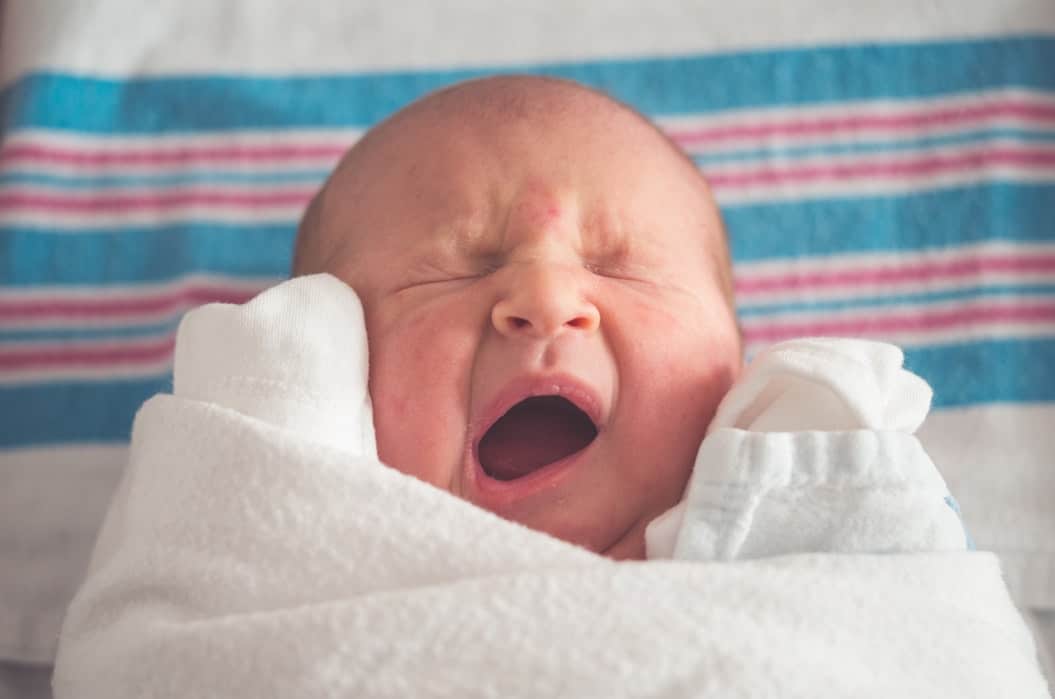


Many of us joke about that friend who snores loudly. Most of us dismiss it as a simple annoyance, until we have to spend a night with a loud snorer. Snoring is such a common worldwide problem as up to 40% of adult males snore habitually. More than just an earful, snoring is bad for couples sleeping together and can point to more serious underlying problems such as Obstructive Sleep Apnea (OSA).We will debunk the top ten common myths about snoring, so that more people can finally get a good, quiet night’s rest.
Snoring may be normal, and may not always signify something serious. An example of benign snoring is when it happens temporarily while you’re recovering after a respiratory tract infection.However, it can actually be a very big deal if it persists. Snoring is often a sign of Obstructive Sleep Apnea (OSA), a serious condition with many harmful effects on our body.OSA occurs when you stop breathing for more than 10 seconds repeatedly while asleep. This wakes your brain up constantly to gasp for air while reducing the amount of oxygen delivered to vital organs. In the long run, it increases the risks of heart attack, stroke, diabetes and death.
Thankfully, this is not true. There are many lifestyle changes that you may first try before seeing a doctor. However, most cases still require some form of medical treatment to achieve desired results. While surgery used to be the only option, it was limited by the cost, pain and long downtime. With advancements in technology, there’s a new treatment option for snoring called Fotona NightLase® therapy. This treatment uses laser technology to gently heat up the loosened tissues at the back of our mouth. This stimulates formation of new and firmer collagen that tightens the walls of our airways and keeps them open. The end result? Snoring is improved and you’ll breathe better.
Conventional treatments and solutions such as oral appliances and CPAP do involve some discomfort.Plus, surgery for snoring also entails pain and downtime during the recovery period. This is when the Fotona NightLase comes in, as a patient-friendly solution.Fotona NightLase® is a safe and comfortable procedure which takes no more than 20 minutes per treatment. There is no pain and downtime, and you may resume your activities immediately after.
In popular culture, a character who is snoring loudly is often thought to be soundly asleep. On the contrary, there’s a high chance that you may be suffering from OSA if you snore loudly. This serious condition fragments your sleep as you constantly wake up to gasp for air. Your sleep cycle is hence disrupted and you’re prevented from getting truly restful sleep.
While people who are obese and older are more likely to snore, it doesn’t mean that young and lean people are immune to snoring.There are many factors which can obstruct airflow during sleep, such as deviated nasal septum, enlarged tonsils and genetically floppy tissue at the back of the mouth. Some of these factors are not directly related to weight and age.Conversely, losing weight may help with snoring but often doesn’t cure it. Hence, it is always wise to seek professional help for snoring after trying out some lifestyle changes such as shedding kilos.
While it’s true that men have a higher likelihood to snore and suffer from sleep apnea, this doesn’t mean women are spared. That’s a lot of women. It’s been estimated that a quarter of women snore at least a few times a week. Certain conditions such as pregnancy and menopause aggravates snoring.
Whether you’re overweight or not, find out if you have sleep apnea here.
It’s a fact that snoring is one of the most common symptoms associated with OSA. A study in Singapore reported that more than 80% of loud snorers have significant sleep apnea.However, not everyone who snores has OSA.The key to recognising if snoring is a sign of OSA is to examine the snoring. If there is choking, gasping or if the sleeper stops breathing briefly, it’s more likely to be OSA. OSA is linked to many health problems like heart disease and diabetes which should not be ignored. Do seek professional help if there is persistent, loud snoring, especially if there is gasping, choking or breath cessations.
If you don’t snore, it doesn’t mean that you do not have sleep apnea. While many of us are familiar with OSA, there’s another type of sleep apnea known as Central Sleep Apnea (CSA).People with CSA spontaneously stop breathing for multiple periods of time during sleep and are less likely to snore. However, they still suffer the same long term health risks as those with OSA. If you wake up gasping or short of breath, you should see a doctor as soon as possible.
If you’re a snorer and share the bed, you are very likely keeping your partner awake. A Mayo Clinic study shows that snoring robs your partner of 1 hour of sleep every night.The study also found that the average non-snoring partner wakes up a whopping 21 times every hour! Furthermore, snoring can affect a couple’s sex life and overall marital satisfaction.Left unaddressed, this has a disastrous impact on both physical health and the health of the relationship.
You may be tempted to try sleeping pills or an alcoholic drink before bedtime to help you fall asleep quicker. While they do work to initiate sleep, sedatives and alcohol actually worsen snoring.This is because they depress your central nervous system, further relaxing the muscles at the back of your mouth that keep your airways open. We’d recommend not taking an alcoholic drink less than 2 hours before bedtime. You should also let your doctor know if you suffer from snoring or OSA.
[7 Dec 2020] A blog post by Dr. Gabriel Wong

Having graduated from the Yong Loo Lin School of Medicine – Dr Gabriel Wong worked in several hospitals in Singapore where he honed his medical acumen.
Fate was at work when he met Dr Kelvin Chua, which sparked his interest in aesthetic medicine.
Growing from strength to strength under the tutelage of Dr Chua, Gabriel developed an eye for detail and beauty – perfectly in tune with aesthetic medicine, a confluence of art and science.
He applies this in a range of non-invasive procedures such as Botox treatments, soft tissue augmentation (Dermal Fillers with the Cannula Method), skin rejuvenation with lasers, and effective acne and acne scar treatments (Fractional CO2 Laser, subcision).
In his free time, Gabriel loves to travel in search of that perfect snapshot. His works of art have won praises by many patients.
For more information, write to contact@slclinic.com.sg.
To contact Dr Gabriel Wong, write to gabriel@slclinic.com.sg.
Like what you read? Share them!